If you have anemia, your healthcare provider may recommend taking an iron supplement to help boost your iron levels and improve your symptoms. However, with so many different types of iron supplements available, it can be difficult to know which one is best for you and if we are on … Read more
Tag: anemia
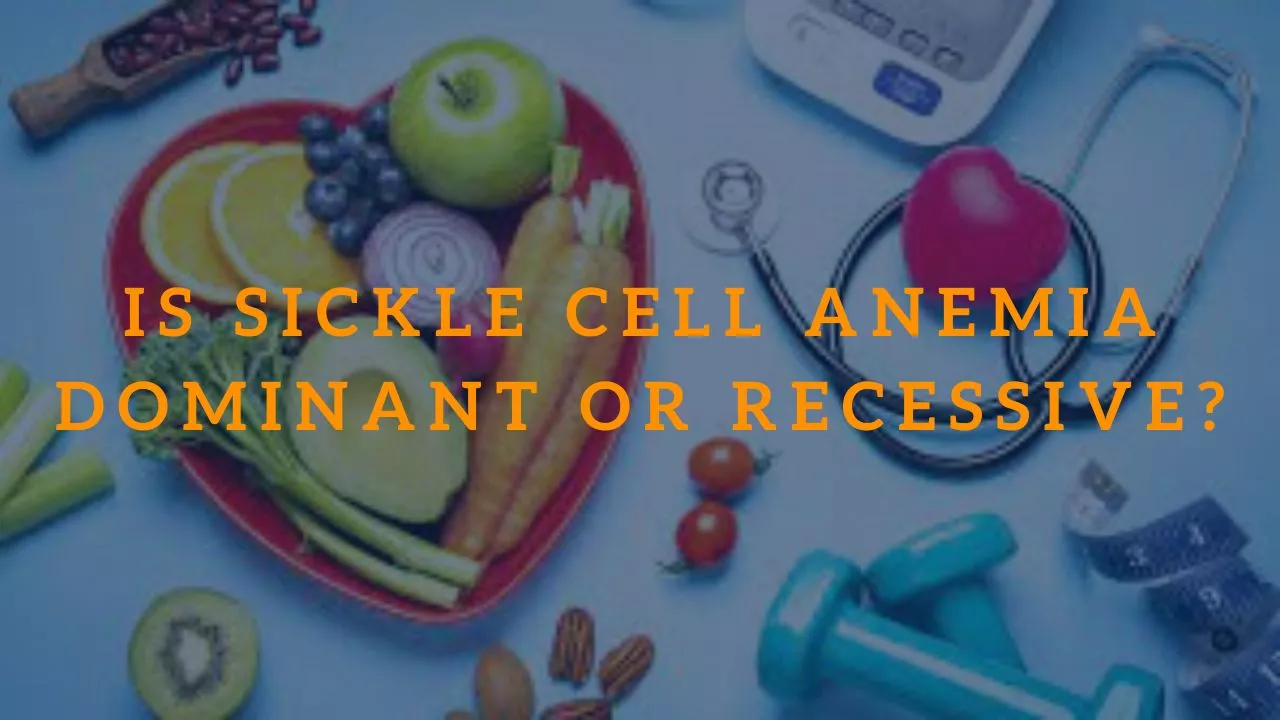
Is Sickle Cell Anemia Dominant or Recessive?
Hello 1-GSM Visitors, if you’re here, you’re probably wondering whether sickle cell anemia is dominant or recessive. Sickle cell anemia is a genetic disorder caused by a mutation in the HBB gene, which provides instructions for making a protein called beta-globin. This mutation is inherited in an autosomal recessive pattern, … Read more
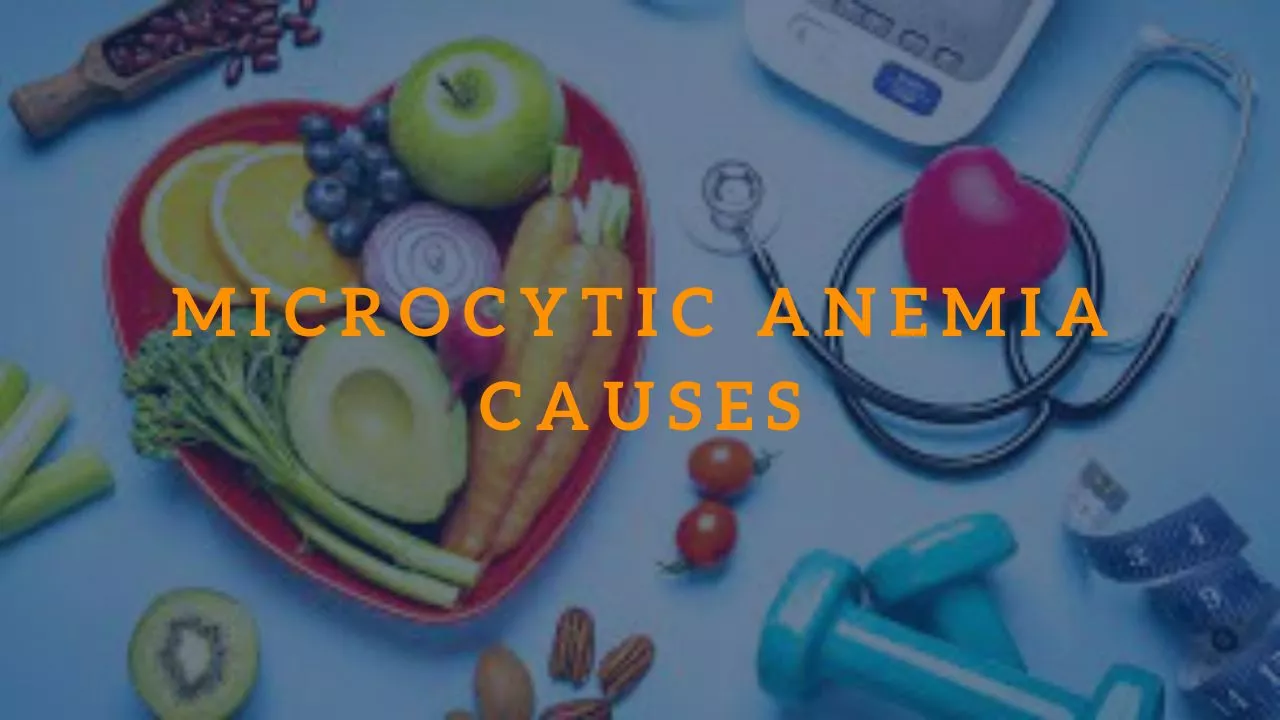
Microcytic Anemia Causes
Microcytic anemia is a type of anemia that occurs when your body doesn’t have enough red blood cells that are smaller than normal in size. This condition can cause a range of symptoms, from fatigue and weakness to shortness of breath and dizziness. In this article, we’ll explore the causes … Read more
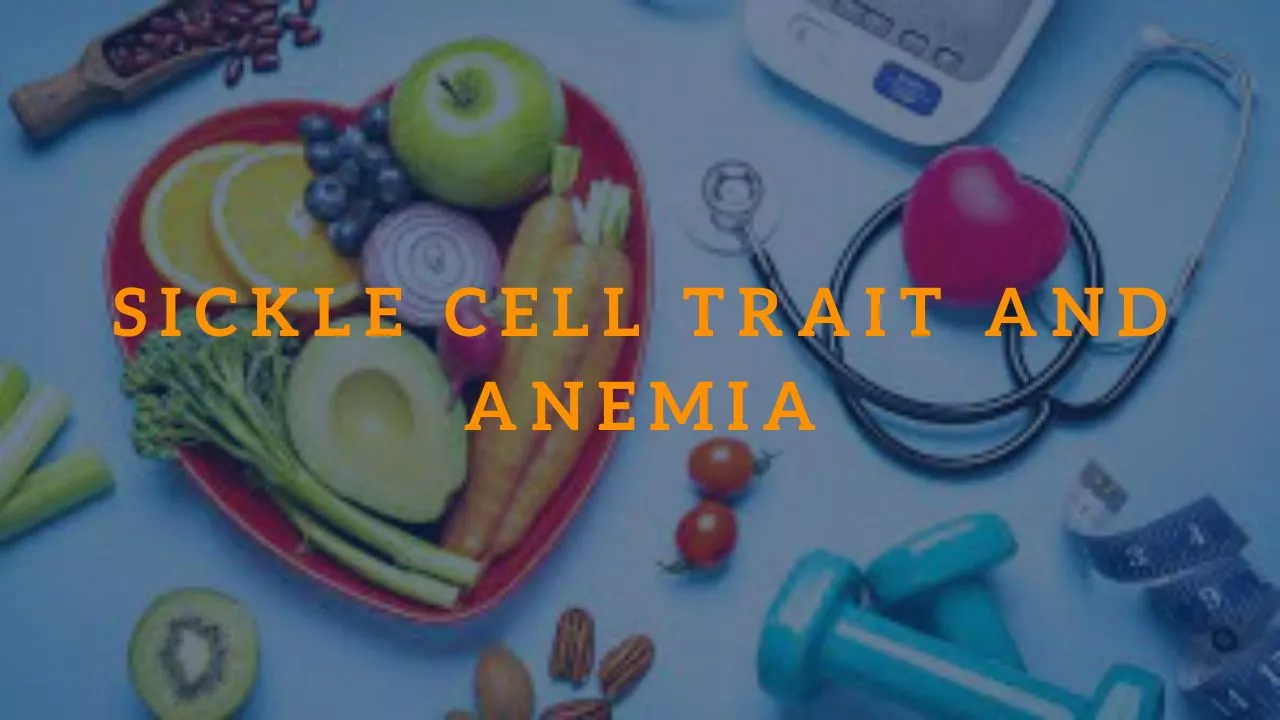
Sickle Cell Trait and Anemia
Hello 1-GSM Visitors, welcome to our article on sickle cell trait and anemia. Sickle cell trait is an inherited blood disorder that affects millions of people worldwide, particularly those of African descent. Anemia, on the other hand, is a condition that occurs when the body does not have enough red … Read more
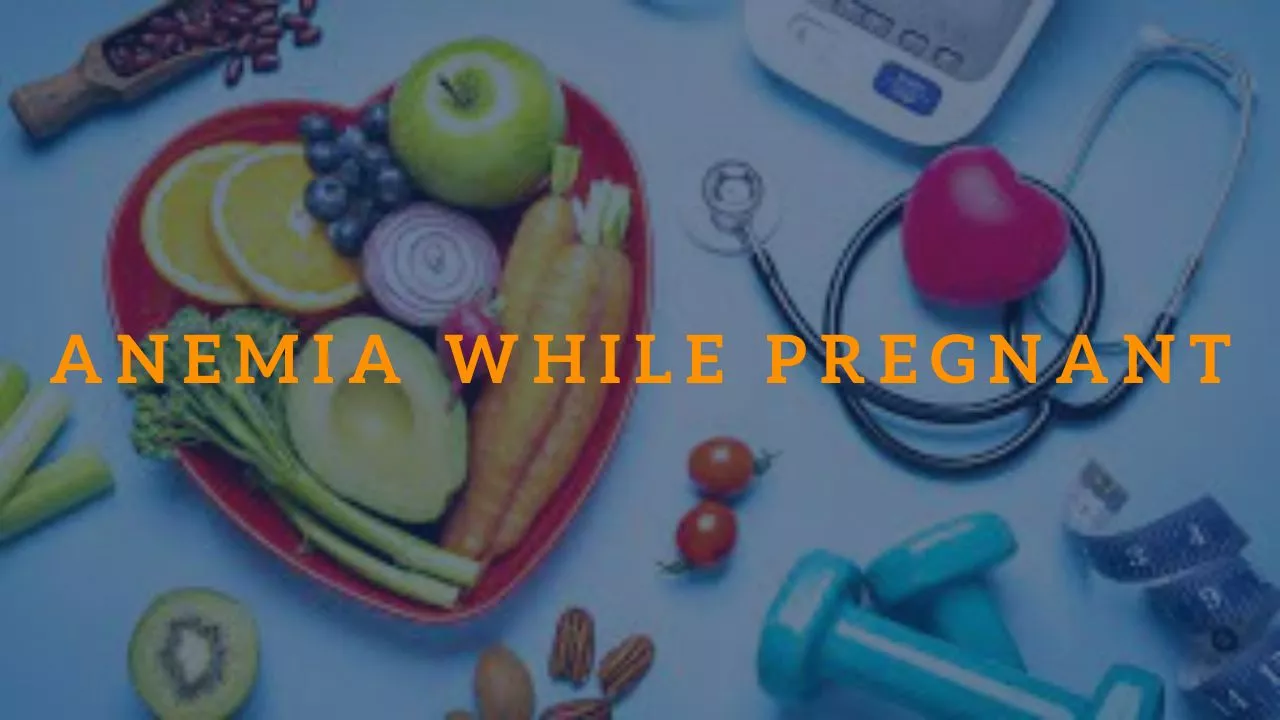
Anemia While Pregnant: Causes, Symptoms, and Treatment
Hello 1-GSM Visitors! Pregnancy is a joyous and exciting time, but it can also come with its share of challenges. One common issue that many pregnant women face is anemia. In this article, we will explore the causes, symptoms, and treatment options for anemia while pregnant. What is Anemia? Anemia … Read more
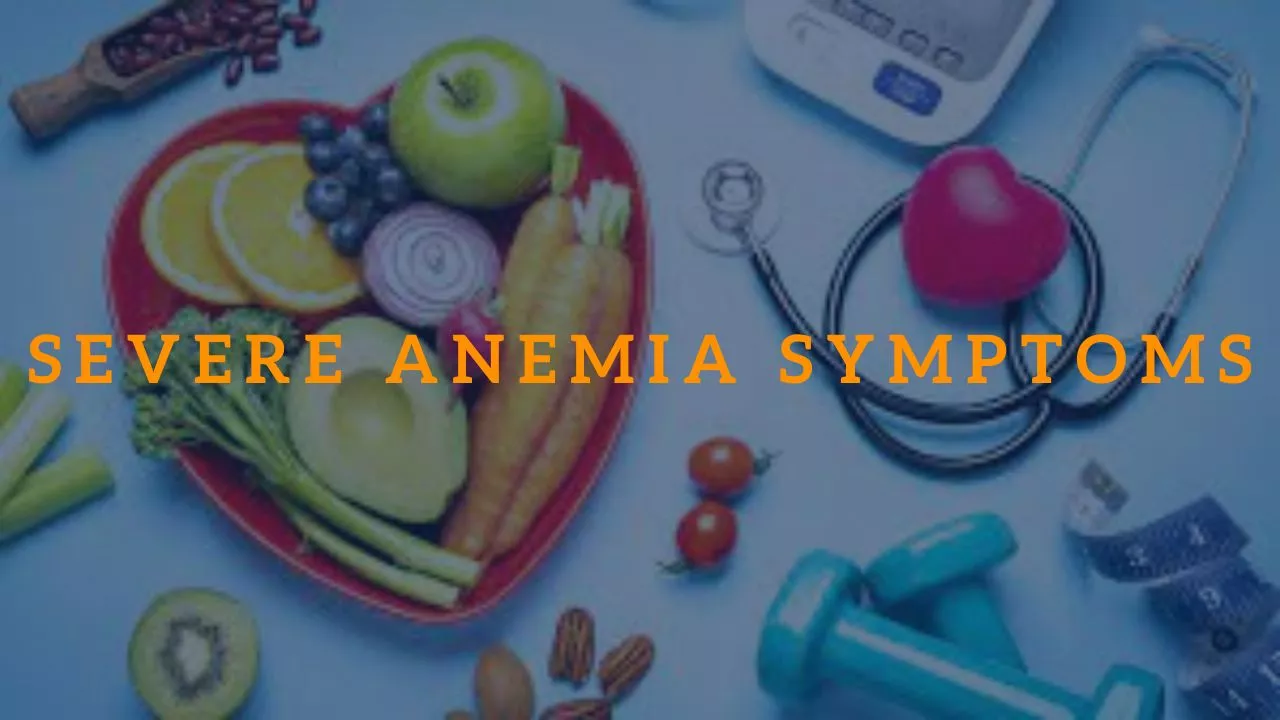
Severe Anemia Symptoms
Anemia is a condition that occurs when your body doesn’t have enough red blood cells to carry oxygen to your body’s tissues. While mild anemia may not cause noticeable symptoms, severe anemia can be life-threatening. In this article, we’ll explore the symptoms of severe anemia, what causes it, and how … Read more
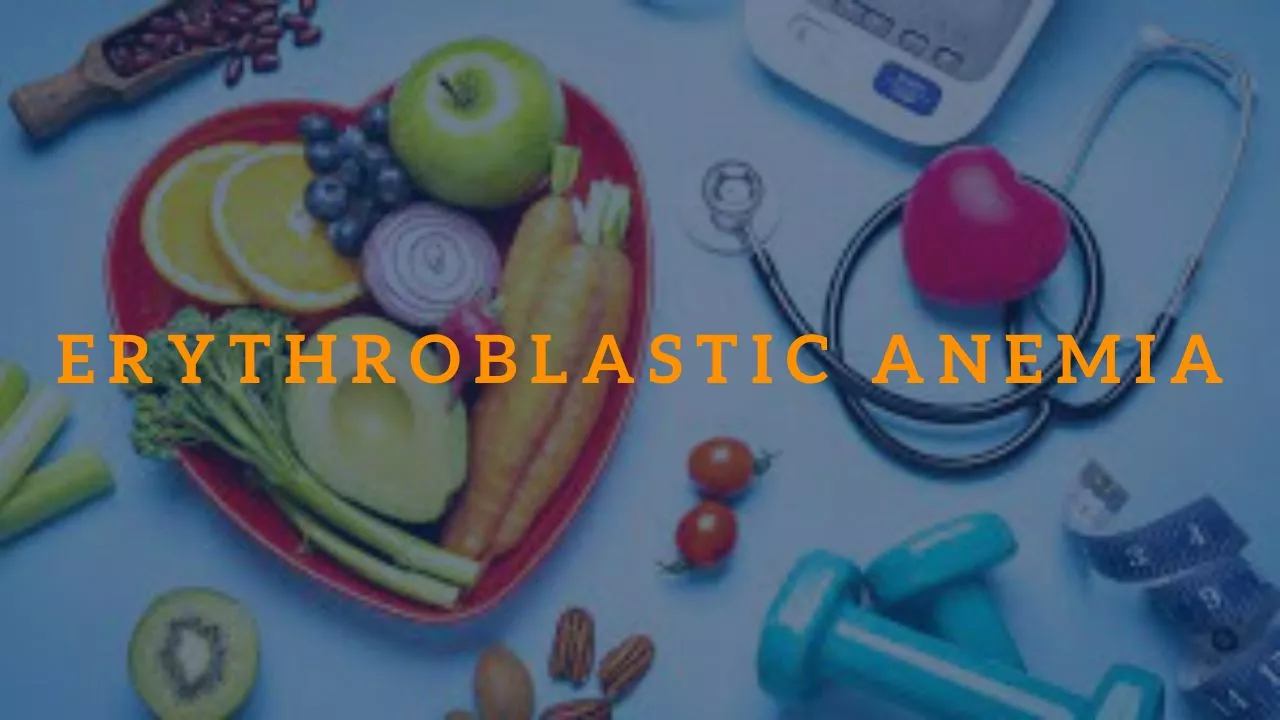
Erythroblastic Anemia
Hello 1-GSM Visitors, today we will talk about erythroblastic anemia. This is a rare form of anemia that affects the production of red blood cells in the bone marrow. In this article, we will explore what erythroblastic anemia is, its causes, symptoms, diagnosis, and treatment options. What is Erythroblastic Anemia? … Read more
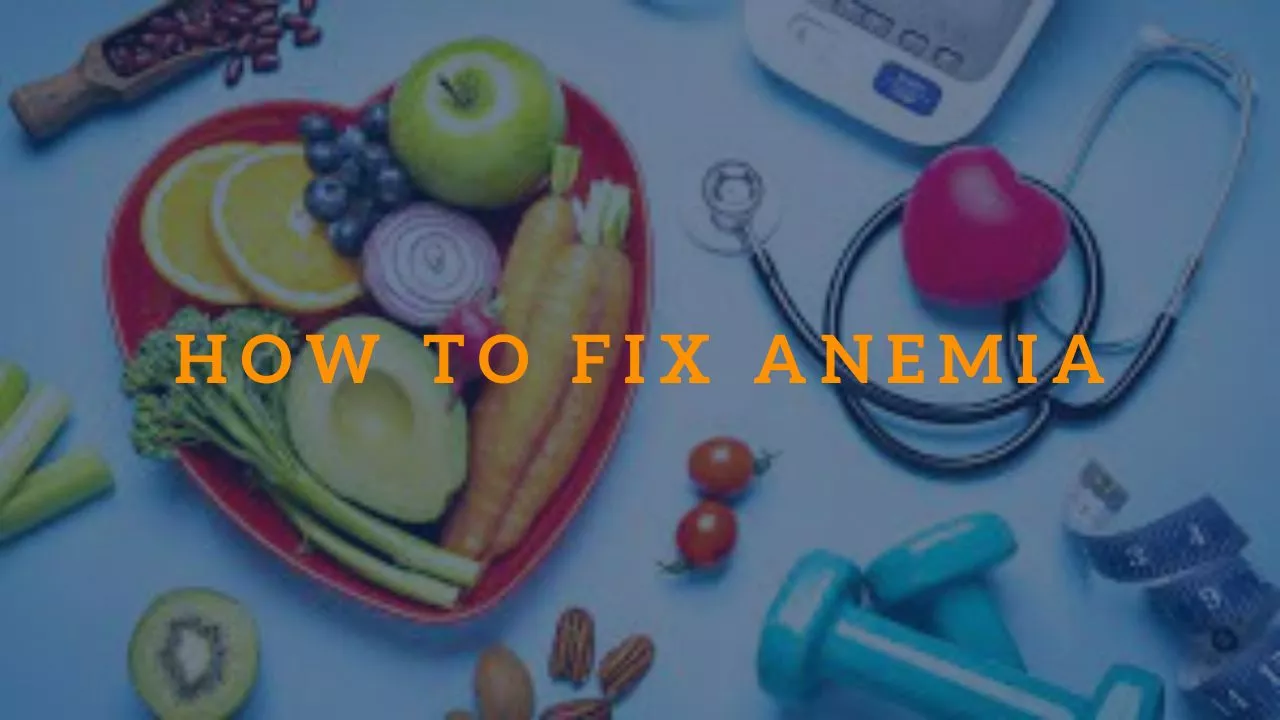
How to Fix Anemia
Anemia is a common condition that occurs when your body doesn’t have enough red blood cells or hemoglobin to carry oxygen to your body’s tissues. Anemia can be caused by a variety of factors, including poor diet, chronic diseases, and genetics. In this article, we’ll explore the causes, symptoms, and … Read more
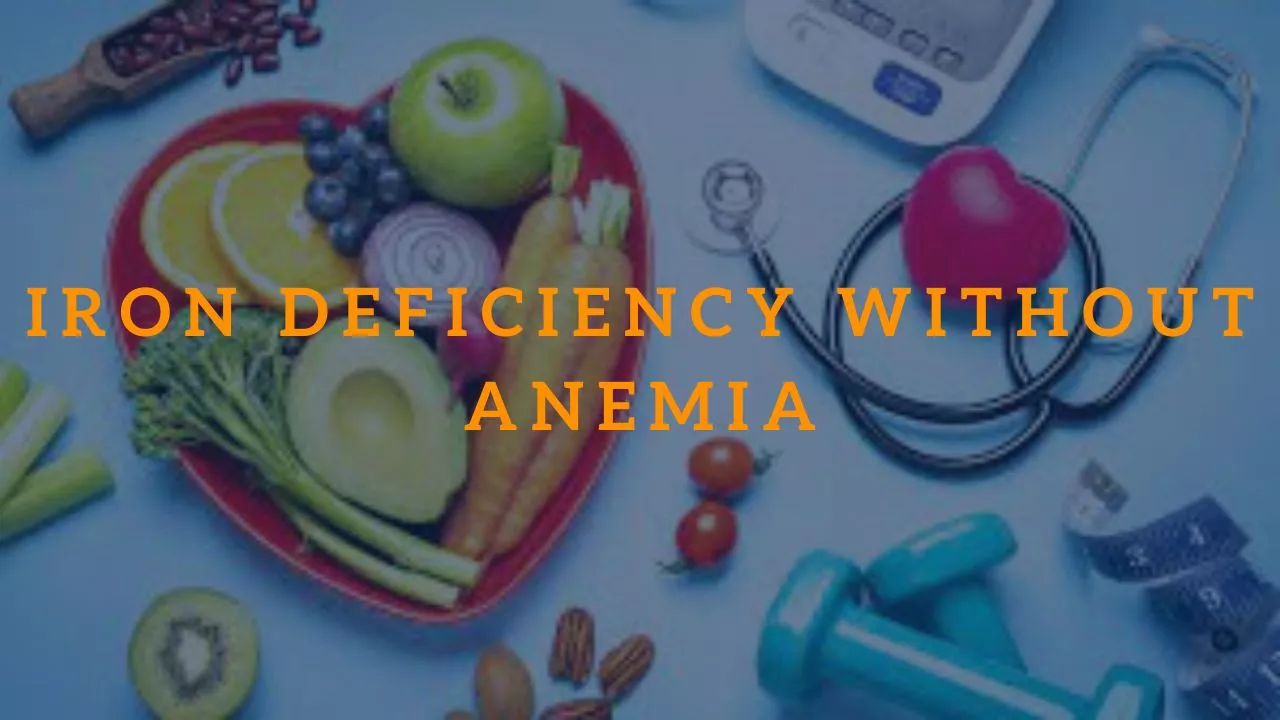
Iron Deficiency Without Anemia
Iron deficiency is a common condition that occurs when the body doesn’t have enough iron. While anemia is a well-known consequence of iron deficiency, many people may not be aware that iron deficiency can occur even without anemia. In fact, iron deficiency without anemia is more common than you might … Read more
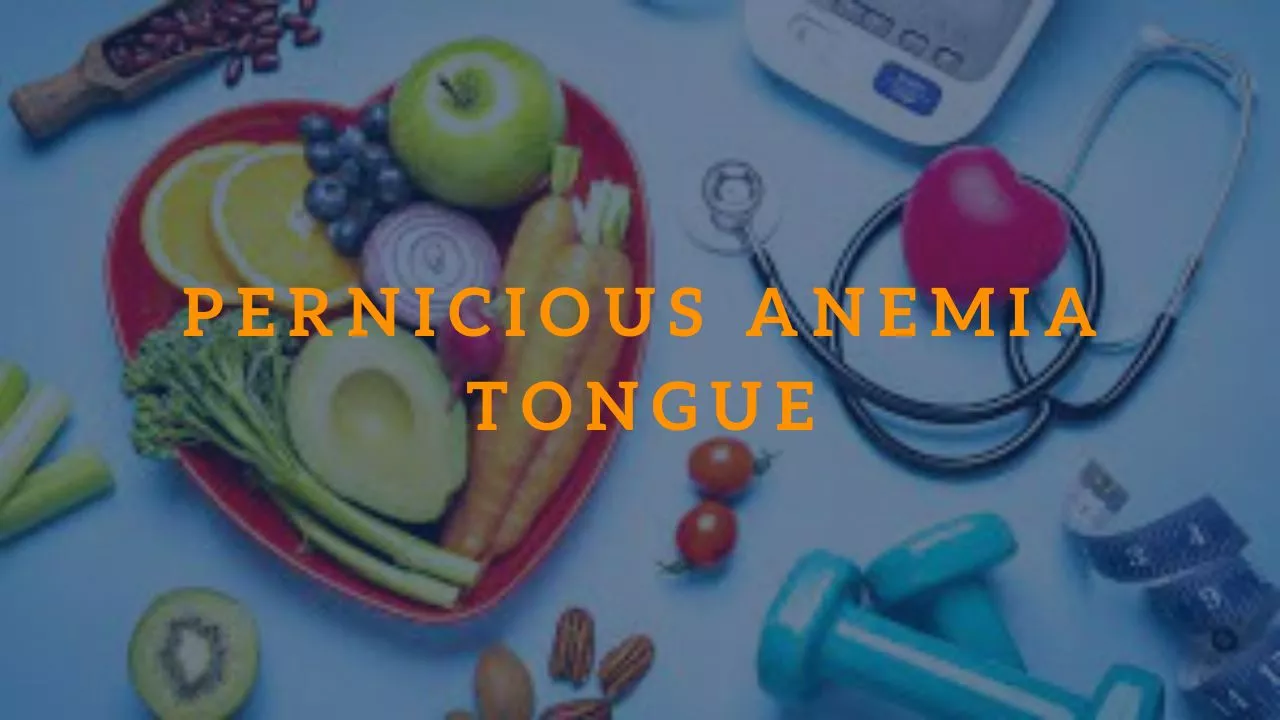
Pernicious Anemia Tongue: Symptoms, Causes, and Treatment Options
Hello 1-GSM Visitors, have you ever heard of pernicious anemia tongue? This is a condition that affects the tongue and is often associated with pernicious anemia, a type of anemia caused by vitamin B12 deficiency. In this article, we will explore the symptoms, causes, and treatment options for pernicious anemia … Read more
